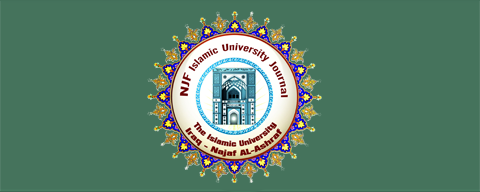Abstract
Nahjul-Balaqa of Imam Ali(peace be upon him) as the most eloquent and rhetorical text after the holy Qur'an and Fadak sermon of Lady Fatimah Al-Zahra (peace be upon her) with highly demanding procedure in translation evince correlative conjoint features upon divine implications. This study has endeavored to conduct an innovative observation for this purpose. Through utterance, sentence proposition, situation, context and universe of discourse hypothesis, this research has provided a novel discursive framework to distinguish the core corresponding concepts from the statements of Nahjul-Balaqa and Fadak and their conceptual implications through Qur'an’s verse(s). The main concepts outstandingly inferred by both sermons of Imam Ali’s Nahjul- Balaqa and Lady Fatimah Al-Zahra’s Fadak through analyzing five phases have demonstrated three predominant axioms of Almighty Allah’s features: ɺ. abundance in advance (innumerable), Ⅱ. the Unique Creator ( One-ness), Ⅲ. His Might and Will. Amongst these essences, perfection establishes a core divine concept of purity. The uppermost and supreme finding in this study undoubtedly is the manifestation of Quran verse of the second part of verse 33 of Surah Al-Ahzab (Purification verse). The purity and infallibility that Allah the Almighty has bestowed in advance to the Ahl al-Bayt.
Keywords
Imam Ali (peace be upon him), Fatimah Al-Zahra (peace be upon her), Nahjul- Balaqa, Fadak, Comparative Translation, Purification
Article Type
Article
Recommended Citation
Adel, Mohsen
(2025)
"On Comparative Translation of Imam Ali’s Nahjul- Balaqa (Peace be Upon Him) and Fatimah Al-Zahra ’s Sermon (Fadak) (Peace be Upon Her): A Conceptual Discourse Analysis of Divine Descriptions,"
NJF Islamic University Journal: Vol. 2:
Iss.
1, Article 10.
DOI: https://doi.org/10.64179/3080-7530.1020

